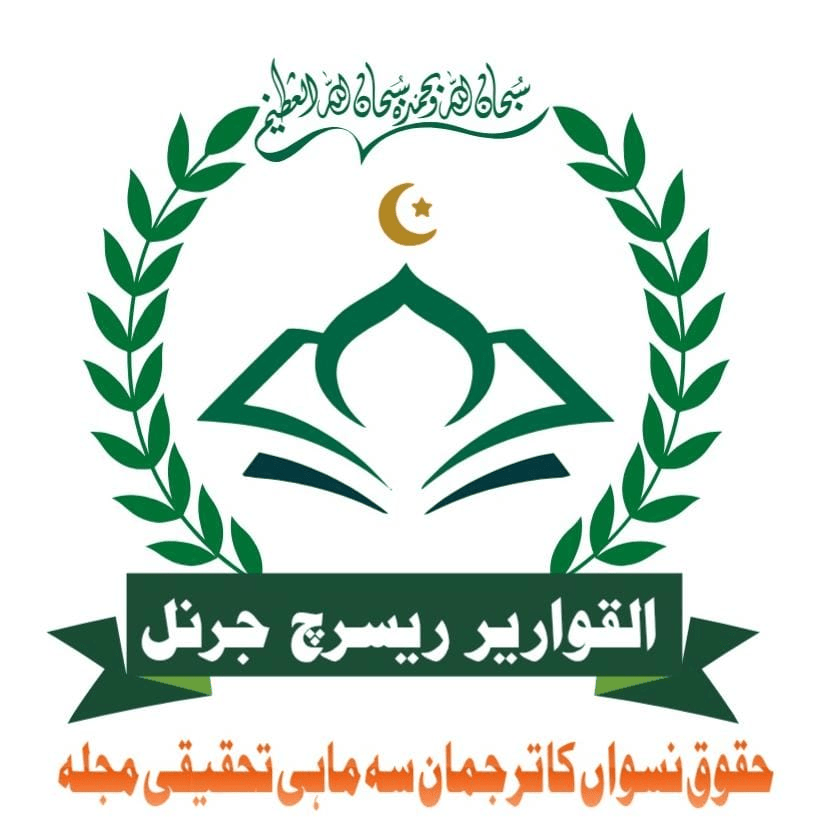مغرب میں تربیتِ اولاد کے اصول اور خاندانی نظام کے بگاڑ کا اسلامی تنقیدی جائزہ
Islamic Critical Review of Child Upbringing Principles and Family System Deterioration in the West
DOI:
https://doi.org/10.1000/y9pgvp31Keywords:
Education, Child Upbringing, Western Family System, Islamic Teachings, Moral DevelopmentAbstract
The concept of education, derived from the idea of gradual development towards perfection, underscores the pivotal role of children as architects of a nation's future. Proper upbringing lays the foundation for a robust society, while deficiencies in training can lead to societal decay. This article critically examines the principles of child upbringing in Western societies through an Islamic lens, highlighting the flaws in the Western family system and their impact on children's moral and spiritual growth. Western approaches emphasize individual freedom, often granting children excessive autonomy from a young age, which disrupts family bonds and diminishes respect for parental authority. This has led to societal issues, such as strained parent-child relationships and a lack of moral grounding. In contrast, Islamic teachings, rooted in the Quran and Hadith, advocate for a balanced upbringing that integrates religious, moral, and ethical training. Examples like Hazrat Luqman’s advice to his son emphasize instilling religious values early to foster virtuous character. The Prophet Muhammad (PBUH) stressed that a father’s greatest gift to his child is good upbringing. This study critiques the overemphasis on personal freedom and materialism in the West, which often neglects spiritual development, and proposes Islamic principles as a holistic framework for nurturing responsible, pious individuals. By comparing Western and Islamic approaches, the article underscores the need for a balanced upbringing that ensures worldly success and spiritual salvation, fostering a generation that upholds family values and societal harmony.
Downloads
Downloads
Published
Issue
Section
License

This work is licensed under a Creative Commons Attribution-NonCommercial-NoDerivatives 4.0 International License.




